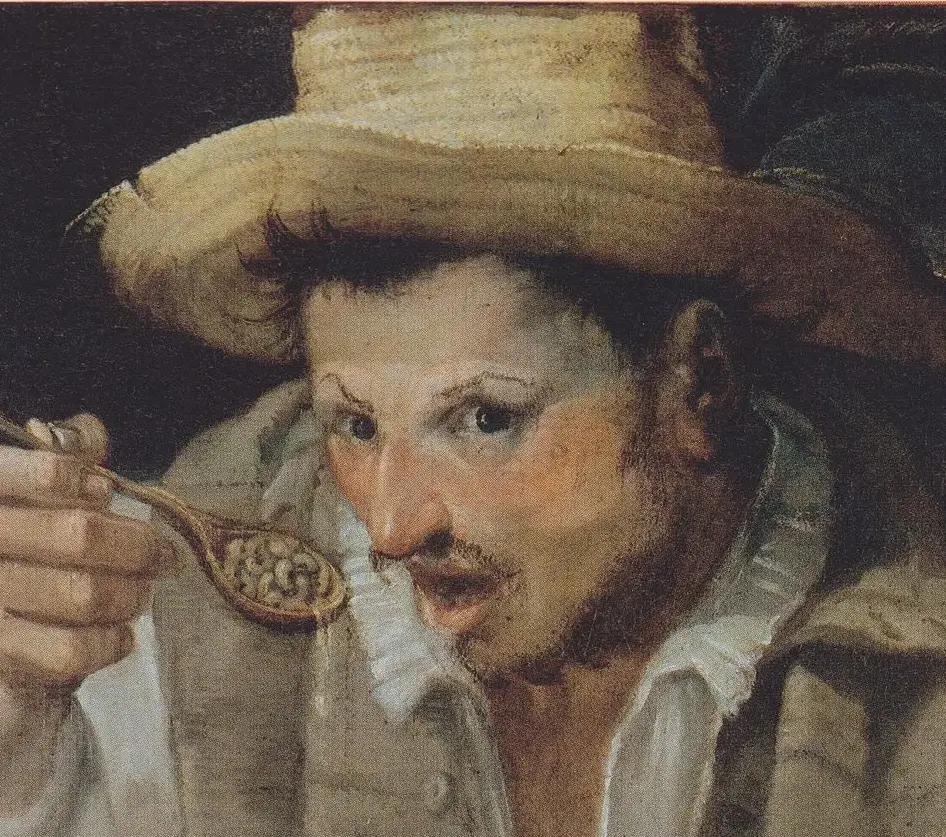Las Meninas (Spanish for ‘The Ladies-in-waiting’) is a 1656 painting in the Museo del Prado in Madrid, by Diego Velázquez, the leading artist of the Spanish Baroque. It has become one of the most widely analyzed works in Western painting for the way its complex and enigmatic composition raises questions about reality and illusion, and for the uncertain relationship it creates between the viewer and the figures depicted.
The painting is believed by F. J. Sánchez Cantón to depict a room in the Royal Alcazar of Madrid during the reign of King Philip IV of Spain, and presents several figures, most identifiable from the Spanish court, captured in a particular moment as if in a snapshot. Some of the figures look out of the canvas towards the viewer, while others interact among themselves. The five-year-old Infanta Margaret Theresa is surrounded by her entourage of maids of honour, chaperone, bodyguard, two dwarfs and a dog. Just behind them, Velázquez portrays himself working at a large canvas. Velázquez looks outwards beyond the pictorial space to where a viewer of the painting would stand. In the background there is a mirror that reflects the upper bodies of the king and queen. They appear to be placed outside the picture space in a position similar to that of the viewer, although some scholars have speculated that their image is a reflection from the painting Velázquez is shown working on.


Strong candidate for best painting of all time. I love the way he plays with space and the different apertures in the scene.